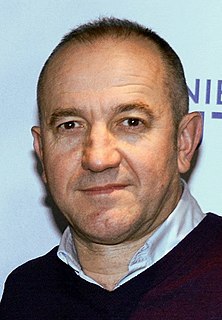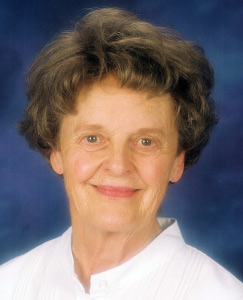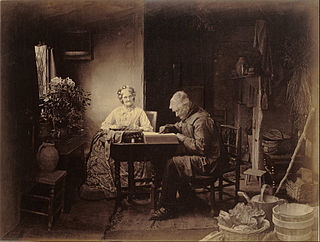A Quote by Temple Grandin
Related Quotes
Pictures! Pictures! Pictures! Often, before I learned, did I wonder whence came the multitudes of pictures that thronged my dreams; for they were pictures the like of which I had never seen in real wake-a-day life. They tormented my childhood, making of my dreams a procession of nightmares and a little later convincing me that I was different from my kind, a creature unnatural and accursed.
It is only by loving nature, and going to her for everything, that good work can be done; but then we must look to her for the materials for pictures, not for pictures themselves. It is nature filtered through the mind and fingers of the artist that produces art, and the quality of the pictures depends on the fineness of that filter.
English was my fourth language. I arrived, I enrolled in public school, as a child, I believe I was about six years old when we finally landed in Michigan. And I was initially put in special education because I couldn't quite wrap my mind around the English language because I was listening to Hungarian and Albanian and German. My mind broke down like I couldn't quite wrap my mind around the fourth language.



































